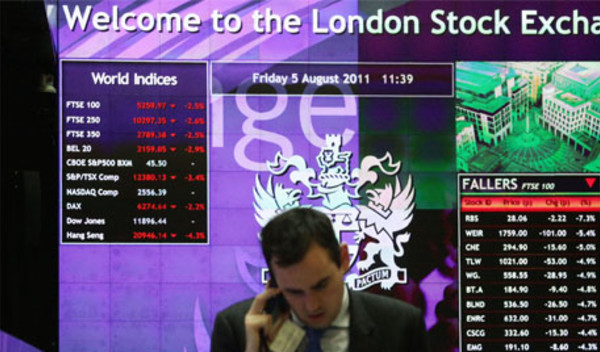

Argonaut’s £227m Absolute Return offering lost investors nearly 26 per cent throughout 2016, making it last year’s worst performing UK-domiciled fund.
The fund's manager Barry Norris admitted the performance had been very disappointing, but added: "When put in perspective, this is the first year in seven since launch where the fund has not made a positive return.
"The fund’s long term track record is still among the best in the sector and we continue to focus on an investment process that has served our clients well for almost a decade.”
Two Odey funds landed near the bottom of the table, after the group’s £817m Absolute Return vehicle lost nearly 18 per cent, while its £234m Total Return fund lost almost 13 per cent, figures from Morningstar revealed.
Criticism has been levelled at absolute return funds over the past year, with SCM Direct’s Alan Miller pointing to their poor performance, claiming they often operate on the “survival of the fattest” in terms of demanding huge fees.
Last week, advice firm Chase de Vere warned some absolute return funds are taking on too much risk, leaving investors exposed to suffering huge losses.
Many professional investors were unprepared for the market turmoil prompted by the political events of last year, particularly following the UK’s shock vote to leave the European Union and Donald Trump’s win in the US election.
Yet data indicates that funds invested in commodities and precious metals surged throughout the year, with JP Morgan’s £777m Natural Resources fund scooping up nearly 81 per cent.
As investors sought safe havens, BlackRock’s £1.2bn Gold and General fund came in close second after returning nearly 79 per cent, while the £656m Ruffer Gold offering came third after it delivered a return of 76 per cent.
Both emerging market and US funds also took up most of the top stops in the league tables.
Ben Yearsley, investment director at the Wealth Club, said: “Many will forget that going into 2016 there was a high degree of volatility."
This, he said, culminated in market lows in February due to worries about Chinese growth and consequently uncertainty surrounding the ability of many mining and commodity companies to service their debt.
“Roll forward to the end of 2016, and these same companies topped the performance charts.
“The sharp collapse in Sterling after the Brexit referendum in June had a huge impact on returns as did the recovery in the oil price from below $30 to above $50.”
Mr Yearsley also said there seems to be a concerted effort globally to synchronise growth, which is normally a good sign for commodity-based companies.
“However the sharp rebound in share prices for many of these businesses has only put them back out levels last seen in mid 2015."
He also commented on the funds at the foot of the table, he said: "Being in the wrong side of currency trades or sharp market movements last year was painful for some managers.”



